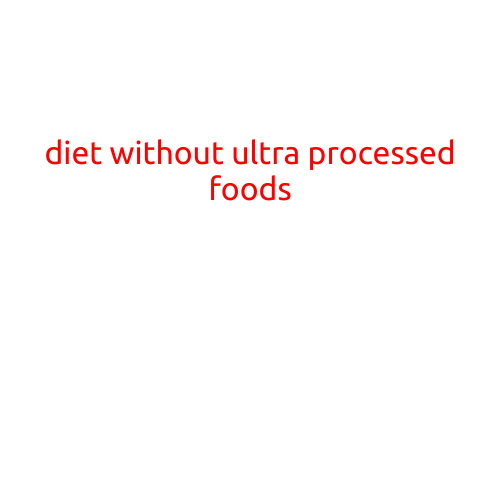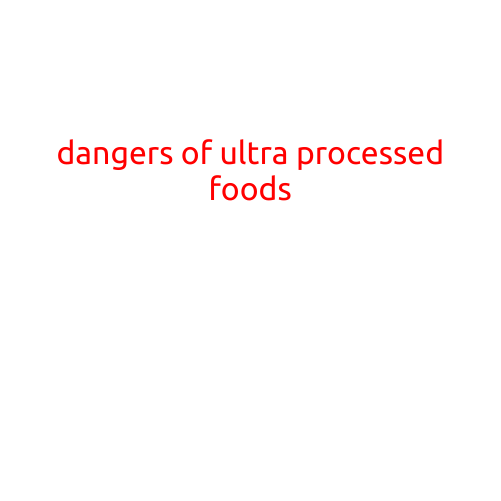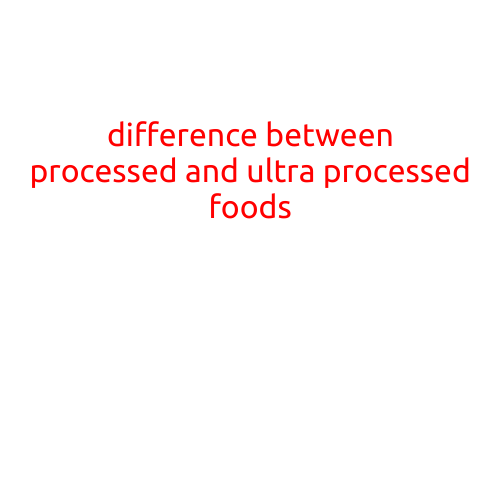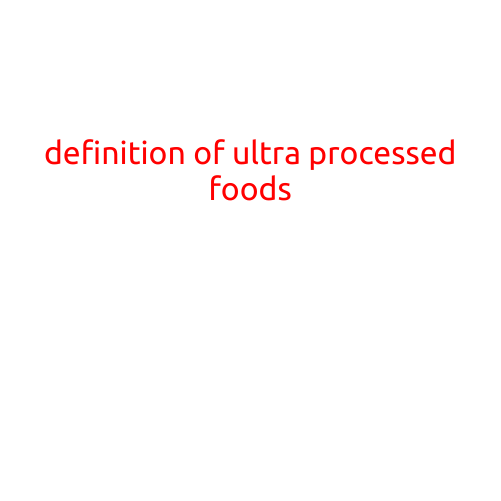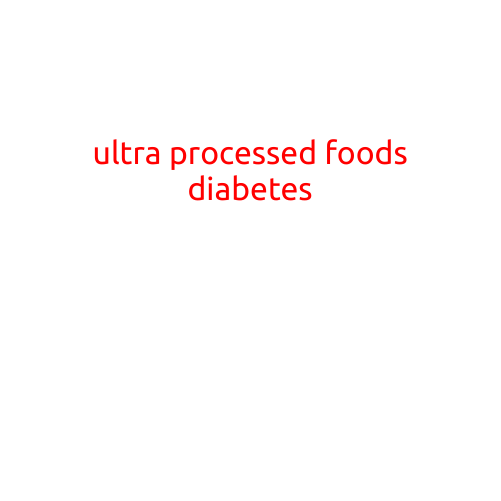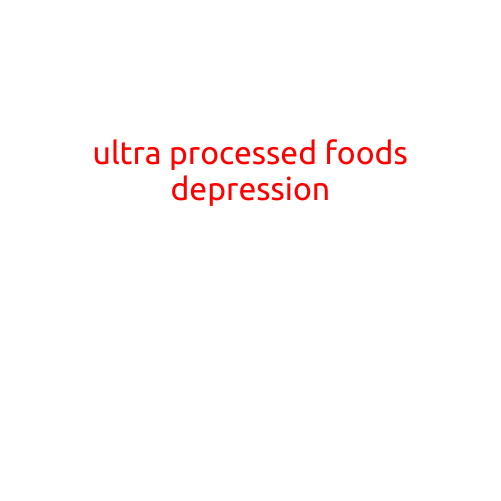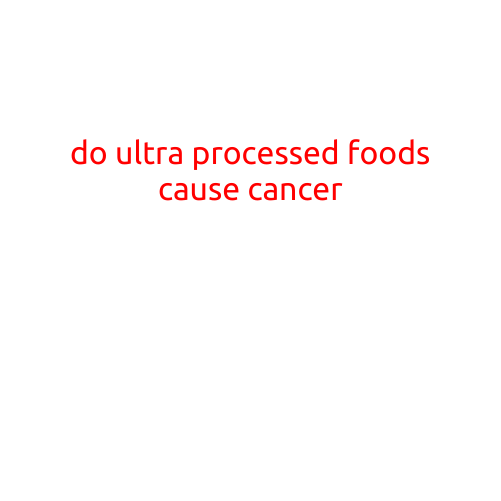
Do Ultra-Processed Foods Cause Cancer?
In recent years, the topic of cancer prevention has become increasingly prominent in the health and wellness community. With the constant bombardment of conflicting information and complex scientific jargon, it’s easy to become overwhelmed and unsure of how to make informed decisions about our diet. One area that has garnered significant attention is the impact of ultra-processed foods on cancer risk.
What are Ultra-Processed Foods?
Ultra-processed foods are defined as products that contain a mixture of several ingredients, including fats, sugars, starches, and proteins, which are typically used to enhance taste, texture, and shelf life. These foods are often created through industrial processes that involve multiple steps, such as homogenization, emulsification, and extrusion. Examples of ultra-processed foods include frozen meals, processed meats, sugary snacks, and many packaged baked goods.
The Concern: Cancer Risk
Several studies have linked ultra-processed food consumption to an increased risk of cancer. A 2019 analysis of 25 studies published in The BMJ found that consuming ultra-processed foods was associated with an 11% increased risk of cancer overall. A more recent study published in the journal Nature found that for every 10% increase in ultra-processed food consumption, the risk of cancer increased by 2%.
The Mechanisms: How Ultra-Processed Foods May Contribute to Cancer Risk
There are several theories as to how ultra-processed foods may contribute to cancer risk:
- Shift in Microbiome: Ultra-processed foods can disrupt the gut microbiome, leading to changes in the way the body processes and absorbs nutrients. This can increase inflammation and potentially lead to genetic mutations that can contribute to cancer development.
- Insulin Resistance: Ultra-processed foods are often high in added sugars and refined carbohydrates, which can lead to insulin resistance and inflammation. Chronically elevated insulin levels can increase the risk of cancer by promoting cell proliferation and growth.
- Oxidative Stress: Ultra-processed foods contain high amounts of advanced glycation end-products (AGEs), which are toxic compounds that can lead to oxidative stress and DNA damage. Prolonged exposure to AGEs can increase the risk of cancer and other chronic diseases.
- Preservatives and Additives: Ultra-processed foods often contain synthetic preservatives and additives, such as sodium nitrite, sodium nitrate, and MSG, which have been linked to increased cancer risk in animal studies.
The Evidence: What the Science Says
Several large-scale studies have investigated the link between ultra-processed food consumption and cancer risk. Some of the key findings include:
- The European Prospective Investigation into Cancer and Nutrition (EPIC) study, which found that ultra-processed food consumption was associated with an increased risk of breast, prostate, and colorectal cancers.
- The Nurses’ Health Study, which found that a higher intake of ultra-processed foods was associated with an increased risk of pancreatic cancer.
- The French National Cancer Institute’s research, which found that ultra-processed food consumption was linked to an increased risk of cancer, particularly among younger adults.
What Can You Do?
While the evidence is still emerging, it’s clear that reducing ultra-processed food consumption is an important step in promoting overall health and reducing cancer risk. Here are some simple tips to help you make healthier choices:
- Focus on Whole Foods: Emphasize whole, minimally processed foods like fruits, vegetables, whole grains, lean proteins, and healthy fats.
- Read Labels: Become a savvy label reader and avoid products with long lists of unfamiliar ingredients.
- Cook from Scratch: Cooking at home using fresh ingredients can help you avoid ultra-processed foods and create healthier, more balanced meals.
- Limit Packaged Foods: Aim to limit packaged foods to 1-2 times per week, and opt for whole foods instead.
- Support Policy Change: Advocate for policies that promote the production, labeling, and regulation of ultra-processed foods to prioritize public health.
In conclusion, while the debate surrounding the impact of ultra-processed foods on cancer risk is ongoing, the evidence suggests that reducing consumption of these foods may be an important step in promoting overall health. By focusing on whole, minimally processed foods and making informed choices, you can help protect your health and reduce your risk of cancer.
